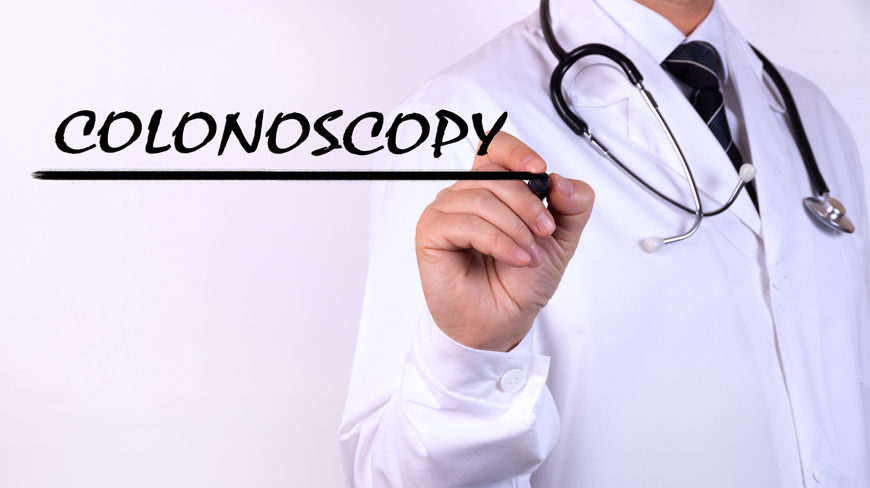What Actually Happens During a Colonoscopy?
Colorectal cancer is more common than it should be. It is one of the top types of cancer diagnosed and is a leading cause of cancer-related deaths. But it doesn’t have to be that way.,
Colonoscopies can actually prevent colon cancer. Yet too many people age 45 and older need one and haven’t scheduled it. They may be worried about what having a colonoscopy involves.
Having a better idea of what to expect can help you feel more comfortable and confident to have a colonoscopy. And it may just save your life!
Colonoscopy preparation
Because the test requires a visual check of the lining, the colon and rectum must be adequately cleaned to get the most accurate results. Preparation for a colonoscopy is very important.
In the past, patients had to drink an entire gallon of a laxative solution the night before their procedure. Today, there are several preparation methods that require a smaller volume, can be paired with tasty sports drinks, or are pills.
Certain dietary modifications may be needed in the days leading up to the procedure. When preparing for a colonoscopy, it is critical to adhere to all directions carefully. A thorough prep will set you up for a successful colonoscopy.
Colonoscopy procedure
A colonoscopy is a low-risk procedure that takes a short time to perform.
Before the procedure begins, you will be asked to turn onto your side on the table in the procedure room and lie down. You’ll be given anesthetics so that you’ll be asleep for the entire procedure. You’ll be cared for by a skilled anesthetist while your gastroenterologist performs the colonoscopy.
During the procedure, a colonoscope is placed into the rectum and then guided to the end of the colon. A colonoscope is a small, flexible tube with a light, camera, and device for removing polyps attached to the end. Air is used to inflate the colon to help view the lining better.
While the camera sends a video image to a display, the doctor thoroughly examines the lining of the colon and rectal cavity. As the scope is moved through the colon, the physician will be looking for any areas that show signs of inflammation and any irregularities or small growths known as polyps. Polyps will be removed without discomfort and sent to a pathology lab for investigation.
After a colonoscopy
You will be closely monitored after the colonoscopy until you are fully awake. Then you’ll be able to go home to rest for the day. Although it is normal to feel gassy or bloated after the procedure, it’s usually mild and won’t last long. The following day, you’ll be able to resume your typical activities and eat and drink regularly.
If it’s time for a colonoscopy, don’t wait – schedule an appointment today!
Request Appointment
Related:


